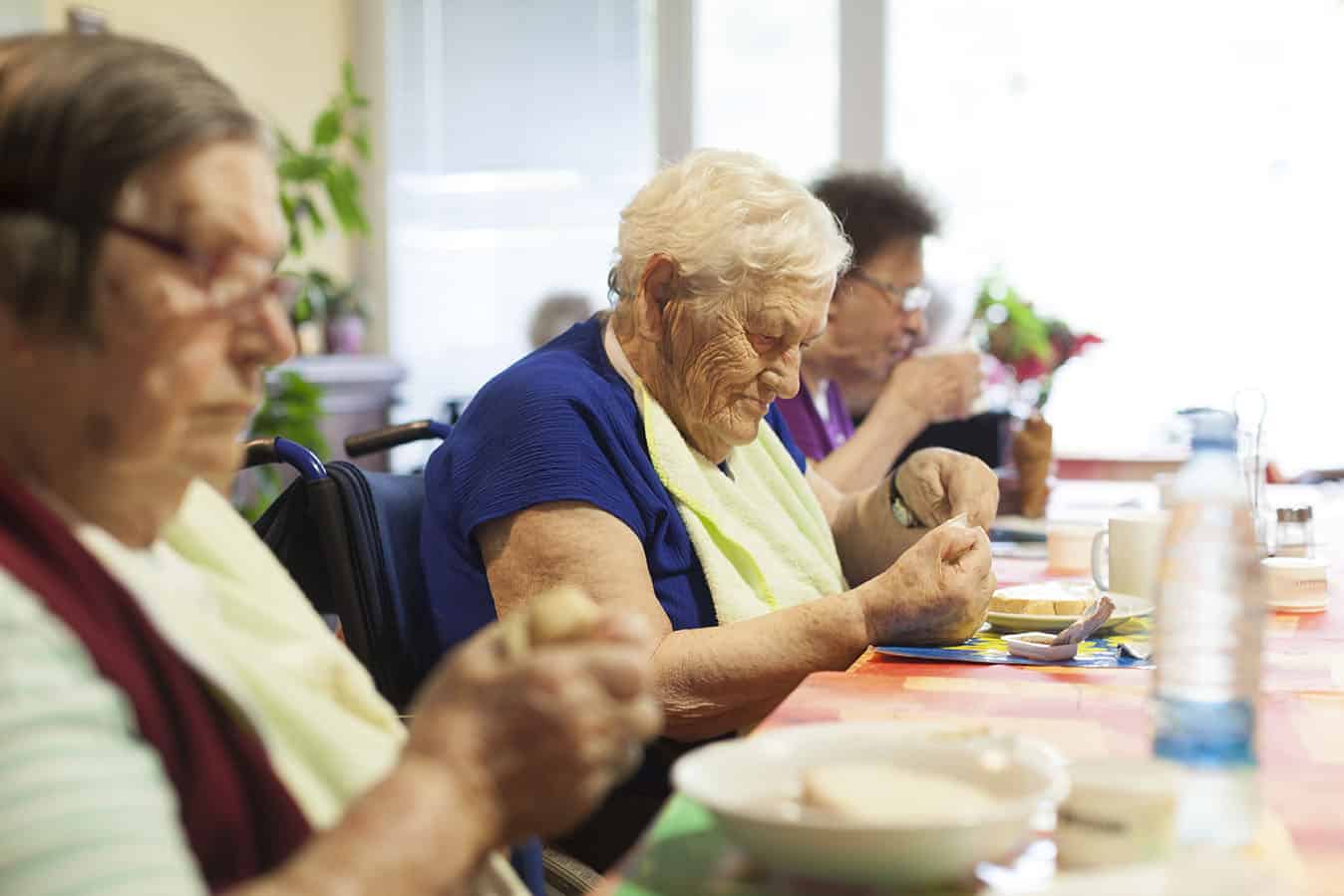The role of food and good nutrition in aged care is currently undervalued and requires urgent action, according to the Maggie Beer Foundation.
Established by Australian celebrity cook Maggie Beer in 2014 in a bid to transform the food experience of older people, the Foundation last week delivered a comprehensive report to the Department of Health pinpointing how food, nutrition and the dining experience in aged care can, and must, be improved.
Prepared with Deloitte, the report is the result of the country’s first National Congress on Food, Nutrition and Dining Experience in Aged Care, which was held in Sydney in February and brought together local and international experts to discuss the relationship between good food, nutrition, the dining experience, and wellbeing outcomes for older Australians.
The report highlights 56 findings and 139 areas for action across nine key topics, many of which mirror recommendations identified by the Aged Care Royal Commission.
“We know the role of food in aged care is currently undervalued,” Maggie Beer said.
“Focusing on food and appetite and, in doing so, good nutrition, stimulates the senses, supports health and wellbeing, provides pleasure, conveys respect and care and acts as a facilitator for social interaction.
“It provides a sense of purpose and anticipation. It is at the heart of quality of life, and it is an urgent issue.”
In determining opportunities and best practice, the National Congress identified several areas for action:
- Food, nutrition and the dining experience is an urgent issue. Australia is not the only country with these issues and would benefit from increased international collaboration.
- There is a variability in the quality of meal experiences with some homes demonstrating initiatives to improve practices but many homes exhibiting poor practices.
- There is a lack of transparency and accountability in the delivery of food, nutrition and the dining experience. Best practice screening and reporting on malnutrition, quality of life and food experiences will improve outcomes for residents and their families.
- The workforce engaged in the planning, preparation and serving of food is, in many instances, not adequately rewarded and lacking in the skills necessary to fulfil their roles to minimum standards. Elevation of the roles of chefs and the introduction of training programs are required to improve the quality of the workforce.
- Oral health of residents coming into aged care is not always good and increased dental services within aged care will alleviate many eating problems.
- Mechanisms to ensure collaboration between management, nursing staff, cooks and checks and Resident Foodie Groups will result in foods that better suit cultural and residential diversity and provide greater choice.
- The joy of food can be increased by infrastructure changes that remove institutional food preparation practices and large dining halls, replacing them with accessible home-styled kitchenettes where food can be plated appealingly where residents can participate, where the aromas and flavours of fresh food drive appetite.
“The findings of the National Congress and its close alignment with the recommendations of the Royal Commission into Aged Care final report is such a positive step forward and an opportunity to bring all stakeholders together around the table to find real solutions that are our aged care residents deserve,” Ms Beer said.
“There are so many people in aged care working so hard but often without the support of being empowered to do things better but when given the respect together with the skills, the practical ideas along with the inspiration, it is an incredibly powerful thing that we have seen individuals bring about amazing change.”









One Response
I enjoyed watching the programme on iView, and could just how much staff co-operation is required to change the way food is prepared and served in aged care facilities. As I watched and saw each meal being prepared I thought to myself, “I wouldn’t eat that.” Indeed I said that about every item of food presented. That is because I eat vegan and have done so for decades. Every recipe included meat and/or dairy.
Is it possible or even likely that an aged care facility would provide nutritious vegan meals?